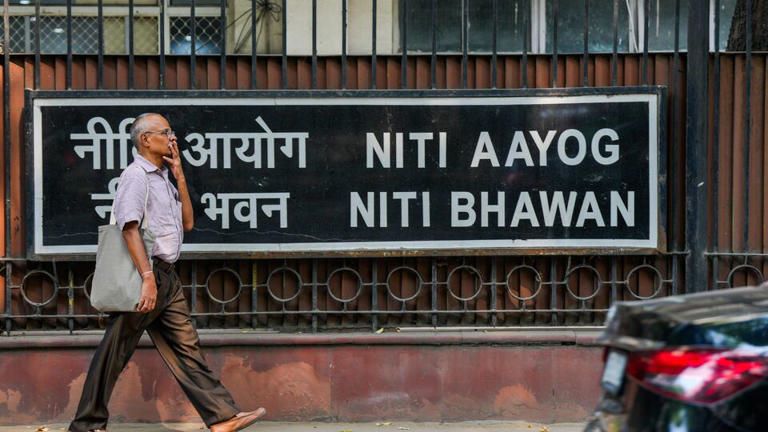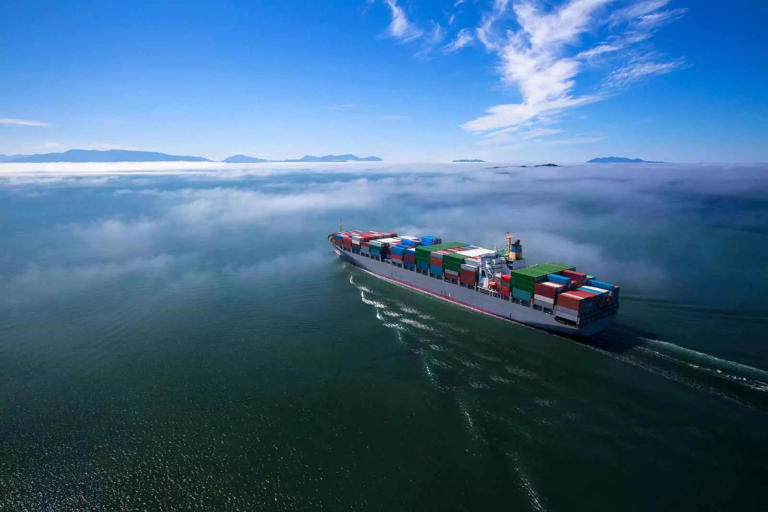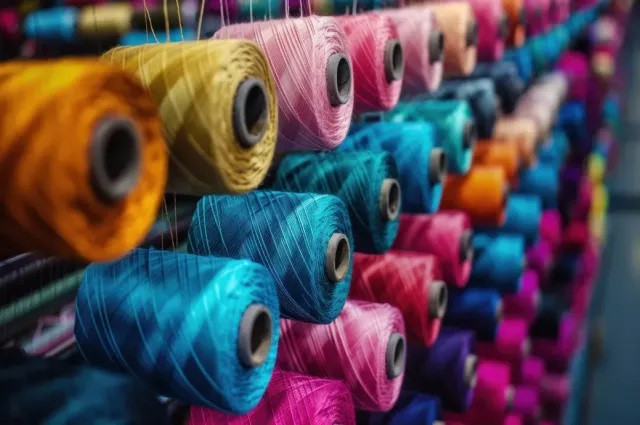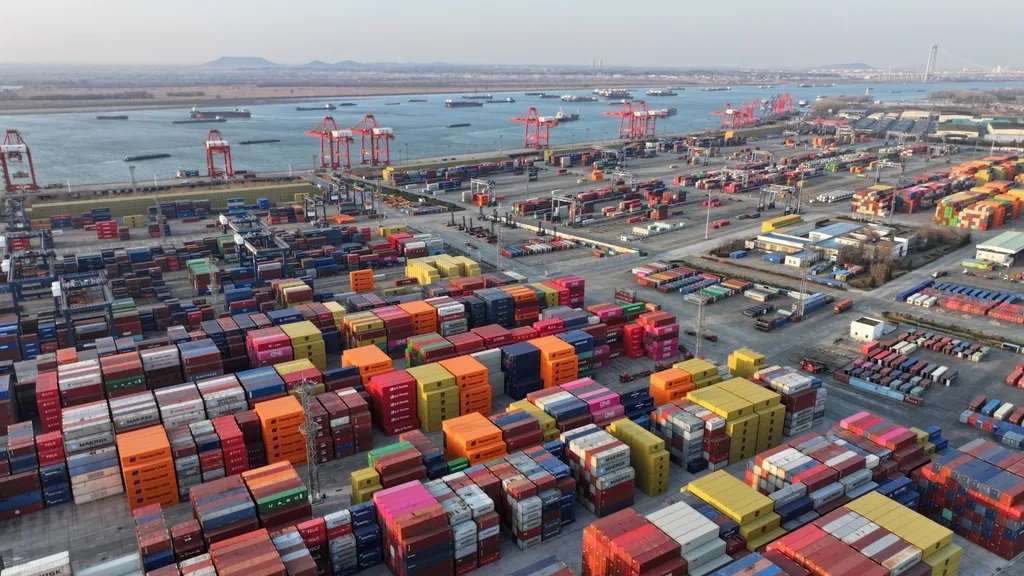Focusing on its ambitious target of reaching $50 billion in export, key players in Pakistan's textile industry have unveiled a comprehensive strategy for the Export Advisory Council for Textiles. The strategy encompasses setting up of 1,000 garment plants nationwide, aimed at increasing exports and diversifying the industry's product portfolio. With an investment of $5 million per plant, equipped with 500 stitching machines, these facilities are projected to generate $20 million in annual exports each, while concurrently generating 1,000 job opportunities.
A noteworthy component of the proposal is a 'no cost-no commitment' incentive package, designed to entice international brands and retailers to establish a physical presence in Pakistan. The package includes incentives like free office spaces, with the implementation costs covered through upfront financing from the Export Development Fund in the initial six months. Funding for the scheme will additionally be supported by a 0.1% rebate for firms procuring merchandise exceeding $50 million from Pakistan.
In response to evolving strategies in the US fashion industry, the textile firms reiterated their dedication to leveraging opportunities emerging from the reassessment of textile product sourcing.
To foster a competitive landscape, industry leaders urged the government to institute a distinct power tariff category for exporters. They advocated consistent supply of re-gasified liquefied natural gas (RLNG) at regionally competitive prices and a transition to zero emissions to align with net-zero greenhouse gas emission targets.
In further appeals they called for exemptions from sales tax for textile exports, expeditious processing of refunds by the Federal Board of Revenue, and the establishment of free commercial zones with simplified procedures.
Emphasizing the imperative for tax incentives and financial schemes, industry leaders underscored the necessity of diversifying textile and apparel exports beyond reliance on cotton-based products.












